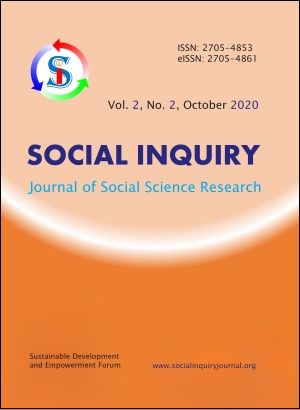Decentralization of Education in Nepal: A Rein in a Horse Nose
DOI:
https://doi.org/10.3126/sijssr.v2i2.33060Keywords:
(De)centralization, Weiler, Authority, Policy, Education ReportAbstract
The main argument of this article is to shed light on the dubious nature of the decentralization policy of education and the 'intention' of the state to recentralize it, in one way or other, despite the widespread clatter of decentralization. By taking policy documents into account, I intend to justify my claim that what the Nepal government calls it, an educational decentralization, is nothing but policy rhetoric and a reign hold tactically at the centre. I claim what the state calls it as an autonomous power of ground-level functionaries to exercise their discretionary in decentralized education system instead is, 'a rein in a horse nose', where jockey (the centre) is 'always' in a commanding position. To expatiate educational decentralization, I employ Weiler's (1990) standpoint and juxtapose his arguments: redistributing power, enhancing efficiency, and improving learning to show that though these arguments are put in favour of decentralization, the same arguments are shown to conflict with powerful forces favouring centralization. I also focus on the context and motivation in which the educational decentralization was carried out to understand the egression of decentralization in education in Nepal. In the final section, I try to analyse the dubious tendency of the state and try to explore, 'why despite prioritizing decentralization in policies, there is a periodicity of higher bodies in the education system'.




